How to Use Essential Oils During Pregnancy to Treat Perinatal Depression and Anxiety
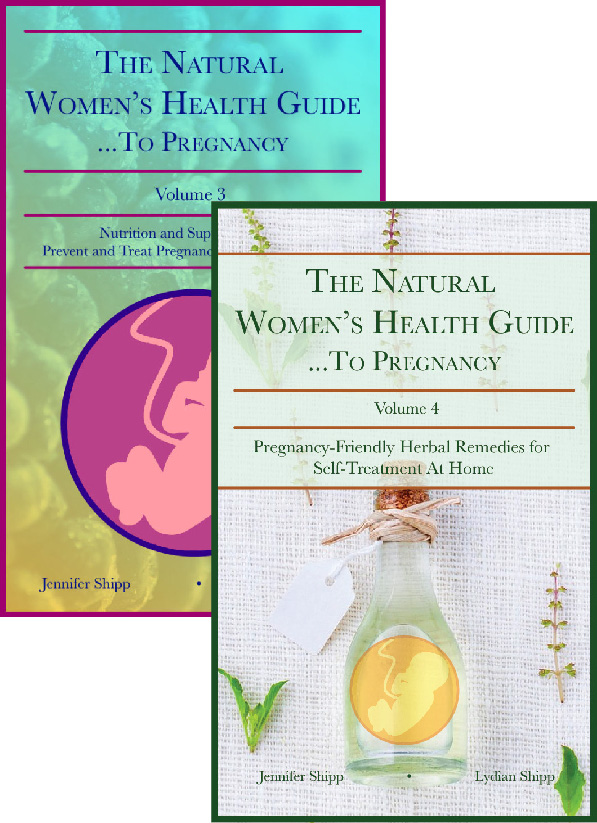
"The Natural Women's Health Guide... to Pregnancy - BUY HERE!"
Aromatherapy is a popular therapeutic technique that involves the inhalation of particular essential oils in order to relieve symptoms of disease and emotional problems. For women who are pregnant or nursing, aromatherapy is a particularly safe treatment option because it involves only smelling the essential oils; these oils aren’t administered topically or internally when used for aromatherapy purposes. The scent of essential oils can have surprisingly powerful effects on the mind and body, but carries little to no risk during pregnancy.Rosemary (Rosmarinus officinalis)
Rosemary is a commonly used depression treatment in aromatherapy. It has a pleasant, earthy, slightly citrus-y scent. Studies have shown that rosemary essential oil can indeed reduce the symptoms of anxiety. One study that successfully demonstrated this had patients smell rosemary essential oil for 20 minutes immediately before going to sleep (they were given a cotton ball with 3 drops of essential oil).Another study done on rats observed lower serum levels of cortisol in the rats who were exposed to rosemary essential oil aromatherapy treatment, as well as increased dopamine levels in the brain. A cotton ball with drops of rosemary essential oil was placed in the rats’ environment for 14 days to achieve these results. Other research indicates that rosemary essential oil may also have a positive effect on memory.
Bergamot (Citrus bergamia)
In one study done on the effects of bergamot on postpartum depression, 4 drops of Citrus bergamia essential oil were added to 15ml of water, which was then diffused in an aromatherapy diffuser for 15 minutes per day in the afternoon in the presence of the study participants (there were 29 women in the test group). This aromatherapy treatment was administered every day for 4 weeks. The study demonstrated that this particular treatment successfully reduced depression levels in women during the postpartum period.Other studies both on women during postpartum and on other groups of individuals demonstrate similar benefits to using this oil. Bergamot essential oil may help increase glutamate levels in particular, which can be valuable for women whose depression/anxiety symptoms resemble those of low glutamate levels (read more about neurotransmitter “deficiencies” in this article). It can also reduce glucocorticoid levels and can activate the GABAergic system in the brain.
Rose (Rosa damascena)
Rose essential oil may help improve sleep quality in pregnant women in addition to reducing symptoms of stress and anxiety. One study that asked test group subjects to smell rose essential oil for 8 hours per day (in the form of a cotton ball with 3 drops of the rose essential oil) for 3 days noted that the patients had improved sleep parameters at the end of these 3 days of aromatherapy treatment.Rose essential oil may help decrease glucocorticoid levels, thereby decreasing blood pressure and heart rate. It has also been shown to increase serotonin levels in the brain.
Lavender (Lavandula angustifolia)
While most people know lavender as a remedy for anxiety, it also works similarly well as a treatment for depression, in addition to being an excellent sleep-aid and analgesic/pain-killing agent. Aromatherapy with lavender essential oil has also been shown to significantly reduce PMS symptoms, including pain, irritability, nervousness, depressive symptoms, anxiety, and even bloating. Other research indicates that aromatherapy treatments with lavender may help improve focus, treat psychotic symptoms, and reduce stress levels.Among the ways that lavender works on the central nervous system, this essential oil specifically helps activate the GABAergic system. This explains its powerful relaxant, sedative effects when administered via aromatherapy. Lavender essential oil can be administered in a diffuser or a few drops can be placed on a cotton ball, which can then be sniffed intermittently or pinned to your shirt or a nearby location where you’ll be able to smell the oil continuously.
Geranium (Pelargonium graveolens)
Geranium essential oil has a wide range of therapeutic benefits when used as an aromatherapeutic agent, and has been used to treat major depressive disorder, addiction, menstrual cramps and other types of menstrual pain, dementia, and more. It is considered a sedative, and also has the unique benefit of acting as an insect repellent.Studies have shown that aromatherapy with geranium essential oil can help reduce anxiety and depression symptoms in a variety of populations of people. One study administered the essential oil at the same time as oxygen therapy for 20 minutes, twice daily for 4 days. Like some other essential oils used for depression and anxiety, geranium essential oil helps to reduce glucocorticoid levels and blood pressure levels (specifically, geranium essential oil can reduce diastolic blood pressure).
 Cliganic Organic Geranium Essential Oil, 100% Pure Natural for Aromatherapy | Non-GMO Verified
Cliganic Organic Geranium Essential Oil, 100% Pure Natural for Aromatherapy | Non-GMO Verified
Lemongrass (Cymbopogon citratus)
Lemongrass essential oil is an uplifting scent that has been known to relieve depression and anxiety symptoms, as well as muscle tension. When administered as an aromatherapy treatment, lemongrass essential oil appears to interact with the GABAergic system, which would reduce feelings of anxiety or being overwhelmed or overstimulated. In addition to being an antidepressant/anxiolytic, the scent of lemongrass essential oil has also been shown to reduce stress levels.Ylang-Ylang (Cananga odorata)
Ylang-ylang has a floral and earthy smell that some people even enjoy using as a perfume. This essential oil has been used successfully to boost energy levels, reduce stress, and treat dementia, nervous tension, generalized anxiety disorder (GAD), PTSD, and more. Ylang-ylang essential oil also is widely regarded as an aphrodisiac, as well as a sedative. Administered through aromatherapy, this oil decreases glucocorticoid levels (thereby reducing blood pressure and heart rate) and increases serotonin levels; this combined effect on the central nervous system makes ylang-ylang particularly valuable as an anxiety treatment during pregnancy.Studies have shown that ylang-ylang essential oil aromatherapy treatments can effectively increase levels of calmness while also increasing long-term memory and overall attentiveness. Inhalation of this essential oil helps patients to relax without causing drowsiness. It may relax the autonomic nervous system and support the transition into the body’s natural “rest and digest” mode from the “fight or flight” mode often seen in cases of chronic anxiety.
Roman Chamomile (Anthemis nobilis)
Roman chamomile (Anthemis nobilis) is not the same as German chamomile (Matricaria chamomilla). The two plants look very similar, and indeed have similar actions in the body, but there are some differences. Here, we’re specifically talking about Roman chamomile.Roman chamomile essential oil activates the dopaminergic system, thereby helping increase dopamine production in the brain and reducing symptoms like depression, anxiety, difficulty concentrating, memory issues, feelings of desperation, and low motivation. This essential oil also has some psychostimulant effects that may help increase mental energy levels in particular without inducing additional feelings of anxiety.
Peppermint (Mentha piperita)
Peppermint essential oil is a common household favorite for aromatherapy fans for a lot of reasons, not the least of being that it’s an effective and pleasant-smelling treatment for anxiety and depression. Pregnant women suffering from “pregnancy brain” and/or mental fatigue may also be interested to know that peppermint essential oil has been known to help improve memory and increase alertness. This essential oil is thought of primarily as a stimulant when administered via aromatherapy. Peppermint essential oil can be administered in a diffuser or on a cotton pad placed nearby, and should ideally be used during the daytime hours in which you would want an increase in energy in addition to a reduction in depression/anxiety symptoms.
 NOW Foods Essential Oil, Peppermint, 4 Fluid Ounce + 1 Glass Dropper
NOW Foods Essential Oil, Peppermint, 4 Fluid Ounce + 1 Glass Dropper
Frankincense (Boswellia serrata)
Note that frankincense can technically be made from the sap of any Boswellia spp. tree, but the most common form comes from the Boswellia serrata tree. Frankincense essential oil should not be used topically or internally during pregnancy, but when used only as an aromatherapy treatment, it’s perfectly safe and offers pregnant women some important mood-related benefits.Frankincense essential oil has been shown to reduce glucocorticoid levels and other stress markers such as glutathione. It may also increase wakefulness during daytime hours, and improve sleep quality at night. Frankincense essential oil can relieve depression and anxiety, as well as symptoms of fatigue, memory problems, difficulty concentrating, high blood pressure, fast heart rate, and more.
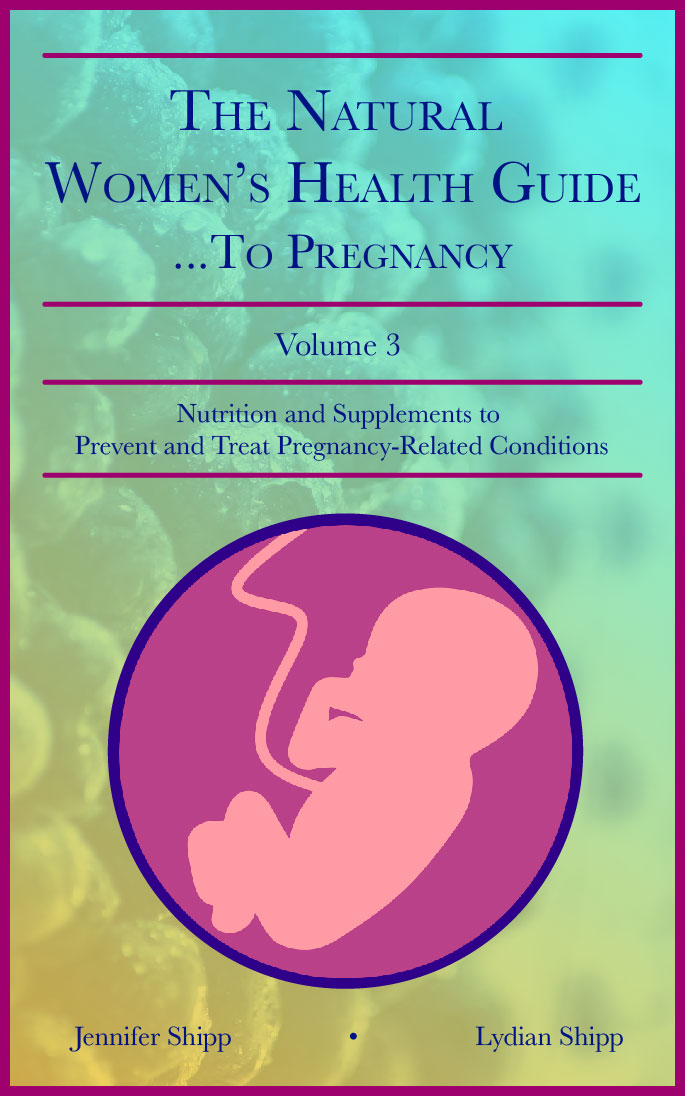
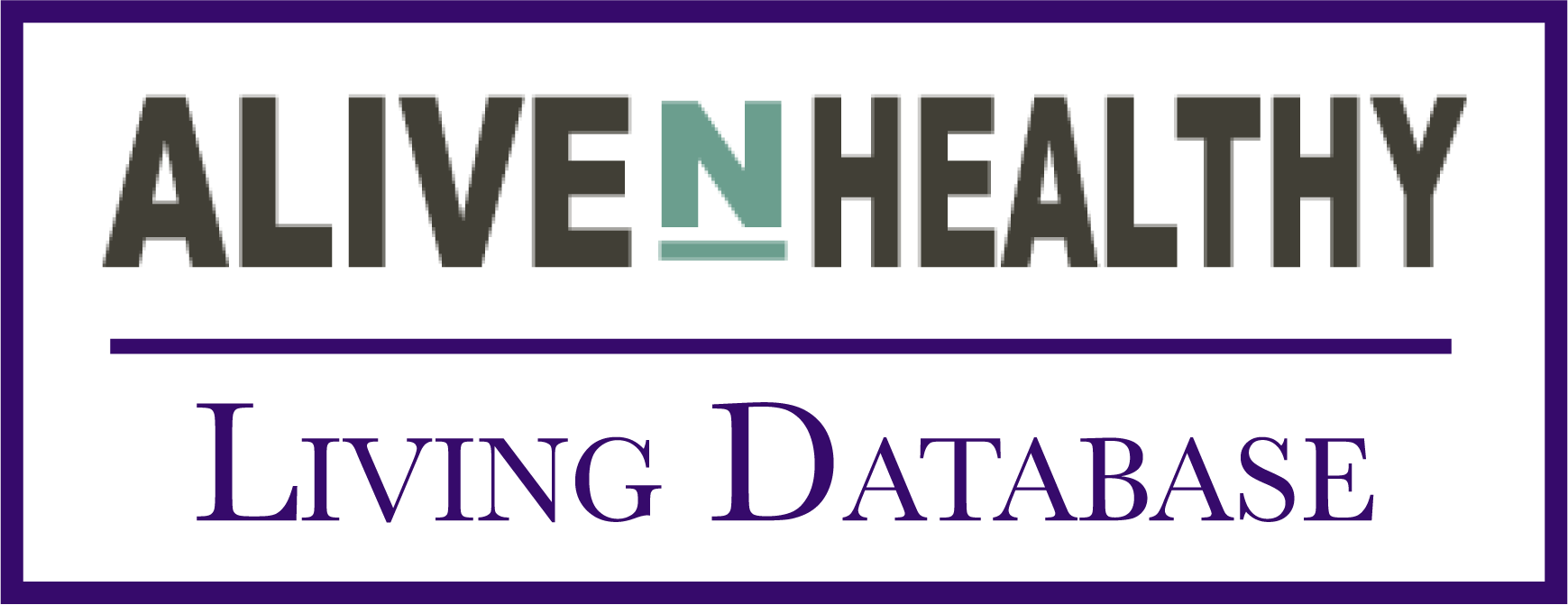 The AlivenHealthy Living Database is now live! Readers can finally access the same database that we personally use at AlivenHealthy to keep track of scientifically proven treatments and cures for diseases and health problems. Are you looking for essential oils for depression or anxiety? The AlivenHealthy Living Database offers a list of all of the treatments we currently are aware of, along with links to scientific articles and/or anecdotal evidence for each treatment option. Click here to visit the Living Database and sign up today!
Related Posts:
https://alivenhealthy.com/2023/03/27/motherwort-uses-before-during-and-after-pregnancy-and-beyond/
https://alivenhealthy.com/2023/03/27/herbs-for-depression-during-pregnancy/
https://alivenhealthy.com/2023/03/23/safe-and-natural-at-home-treatments-for-anemia-in-pregnancy/
https://alivenhealthy.com/2023/03/08/safe-and-natural-treatments-for-migraines-during-pregnancy-herbal-remedies-and-more/
https://alivenhealthy.com/2023/02/27/how-to-treat-a-uti-while-pregnant-home-remedy-for-uti-during-pregnancy/
https://alivenhealthy.com/2023/02/02/vitamin-d-pregnancy-and-the-little-white-nutrition-lies-that-can-hurt-you-and-your-baby/
https://alivenhealthy.com/2023/03/22/how-to-prevent-a-miscarriage-tried-and-true-herbal-remedies-for-threatened-miscarriage/
The AlivenHealthy Living Database is now live! Readers can finally access the same database that we personally use at AlivenHealthy to keep track of scientifically proven treatments and cures for diseases and health problems. Are you looking for essential oils for depression or anxiety? The AlivenHealthy Living Database offers a list of all of the treatments we currently are aware of, along with links to scientific articles and/or anecdotal evidence for each treatment option. Click here to visit the Living Database and sign up today!
Related Posts:
https://alivenhealthy.com/2023/03/27/motherwort-uses-before-during-and-after-pregnancy-and-beyond/
https://alivenhealthy.com/2023/03/27/herbs-for-depression-during-pregnancy/
https://alivenhealthy.com/2023/03/23/safe-and-natural-at-home-treatments-for-anemia-in-pregnancy/
https://alivenhealthy.com/2023/03/08/safe-and-natural-treatments-for-migraines-during-pregnancy-herbal-remedies-and-more/
https://alivenhealthy.com/2023/02/27/how-to-treat-a-uti-while-pregnant-home-remedy-for-uti-during-pregnancy/
https://alivenhealthy.com/2023/02/02/vitamin-d-pregnancy-and-the-little-white-nutrition-lies-that-can-hurt-you-and-your-baby/
https://alivenhealthy.com/2023/03/22/how-to-prevent-a-miscarriage-tried-and-true-herbal-remedies-for-threatened-miscarriage/
Resources:

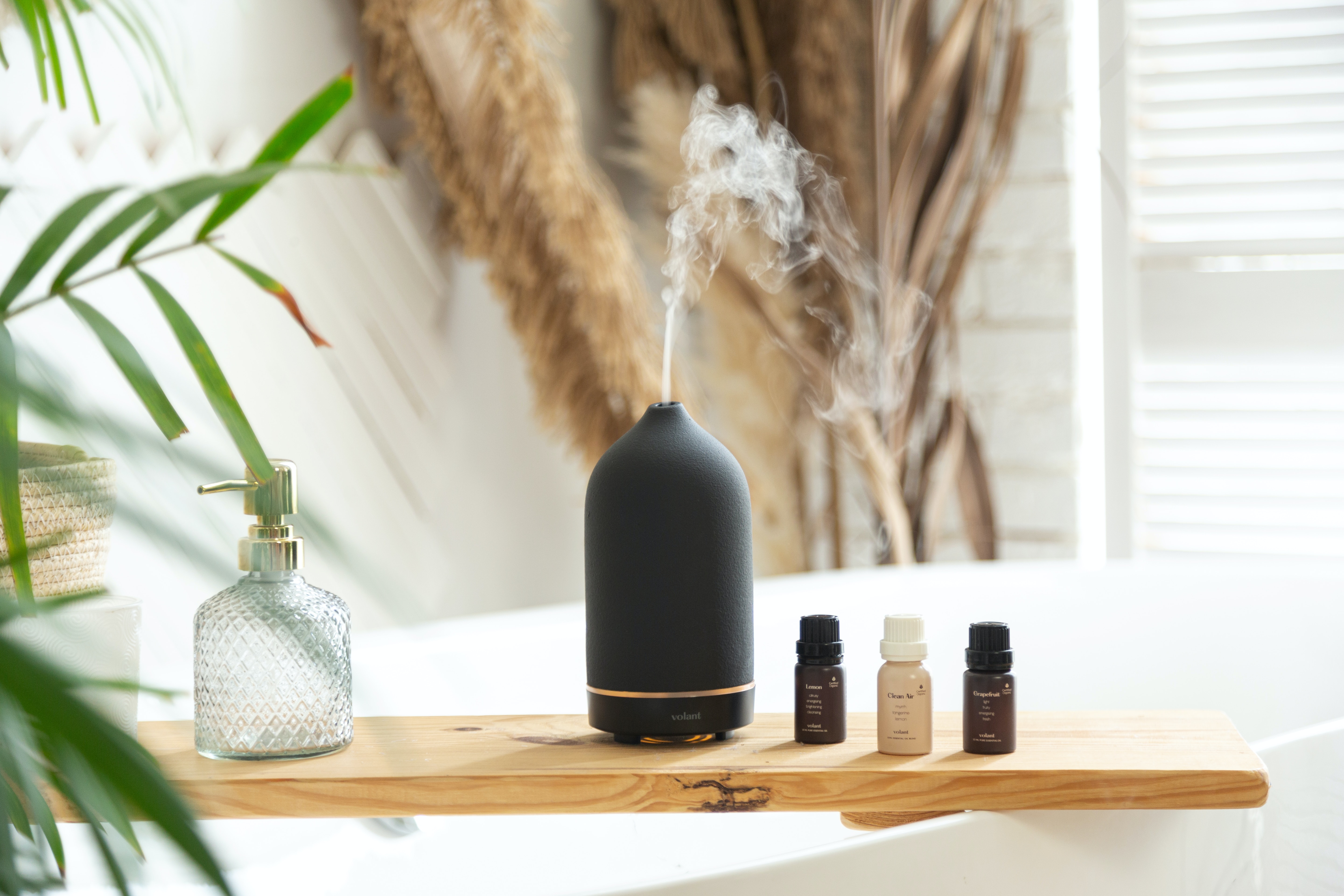 All of the essential oils in this article are intended for use in aromatherapy.
All of the essential oils in this article are intended for use in aromatherapy.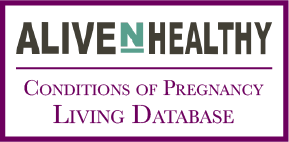 The Conditions of Pregnancy Living Database, BETA Release - NOW AVAILABLE! Click here to learn more...
The Conditions of Pregnancy Living Database, BETA Release - NOW AVAILABLE! Click here to learn more... Gya Labs Rosemary Oil for Hair & Scalp - 100% Natural Rosemary Essential Oils for Hair, Skin & Rosemary Essential Oil for Diffuser - 100% Pure Aromatherapy Oils (0.34 fl oz)
Gya Labs Rosemary Oil for Hair & Scalp - 100% Natural Rosemary Essential Oils for Hair, Skin & Rosemary Essential Oil for Diffuser - 100% Pure Aromatherapy Oils (0.34 fl oz)
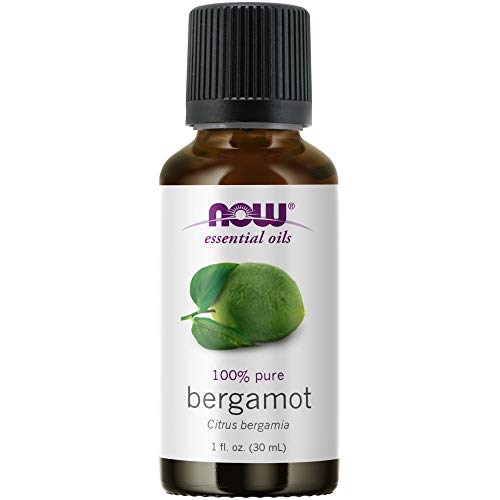 NOW Essential Oils, Bergamot Oil, Sweet Aromatherapy Scent, Cold Pressed, 100% Pure, Vegan, Child Resistant Cap, 1-Ounce
NOW Essential Oils, Bergamot Oil, Sweet Aromatherapy Scent, Cold Pressed, 100% Pure, Vegan, Child Resistant Cap, 1-Ounce
 Aura Cacia Neroli In Jojoba Oil, 0.5 Ounce, Fresh, Comforting Floral Aroma, Sourced From Bitter Orange Tree Flowers
Aura Cacia Neroli In Jojoba Oil, 0.5 Ounce, Fresh, Comforting Floral Aroma, Sourced From Bitter Orange Tree Flowers
 Plant Therapy Lavender Essential Oil 100% Pure, Undiluted, Therapeutic Grade, Aromatherapy Diffuser for Relaxation and Body Care, Healthy Skin and Hair, 10 mL (1/3 oz)
Plant Therapy Lavender Essential Oil 100% Pure, Undiluted, Therapeutic Grade, Aromatherapy Diffuser for Relaxation and Body Care, Healthy Skin and Hair, 10 mL (1/3 oz)
 Plant Therapy Lemongrass Essential Oil 100% Pure, Undiluted, Natural Aromatherapy for Diffuser and Skin, Therapeutic Grade 30 mL (1 oz)
Plant Therapy Lemongrass Essential Oil 100% Pure, Undiluted, Natural Aromatherapy for Diffuser and Skin, Therapeutic Grade 30 mL (1 oz)
 NOW Essential Oils, Ylang Ylang Extra Oil, Comforting Aromatherapy Scent, Steam Distilled, 100% Pure, Vegan, Child Resistant Cap, 1-Ounce
NOW Essential Oils, Ylang Ylang Extra Oil, Comforting Aromatherapy Scent, Steam Distilled, 100% Pure, Vegan, Child Resistant Cap, 1-Ounce
 Gya Labs Roman Chamomile Essential Oil for Diffuser - Roman Chamomile Oil for Face & Skin - Roman Chamomile Essential Oils for Aromatherapy (0.34 fl Oz)
Gya Labs Roman Chamomile Essential Oil for Diffuser - Roman Chamomile Oil for Face & Skin - Roman Chamomile Essential Oils for Aromatherapy (0.34 fl Oz)
 Plant Therapy Frankincense Serrata Essential Oils 100% Pure, Undiluted, Natural Aromatherapy, Frankincense Oil for Diffuser, Skin, Massage, & Joint Health, Therapeutic Grade 10 mL (1/3 oz)
Plant Therapy Frankincense Serrata Essential Oils 100% Pure, Undiluted, Natural Aromatherapy, Frankincense Oil for Diffuser, Skin, Massage, & Joint Health, Therapeutic Grade 10 mL (1/3 oz)










